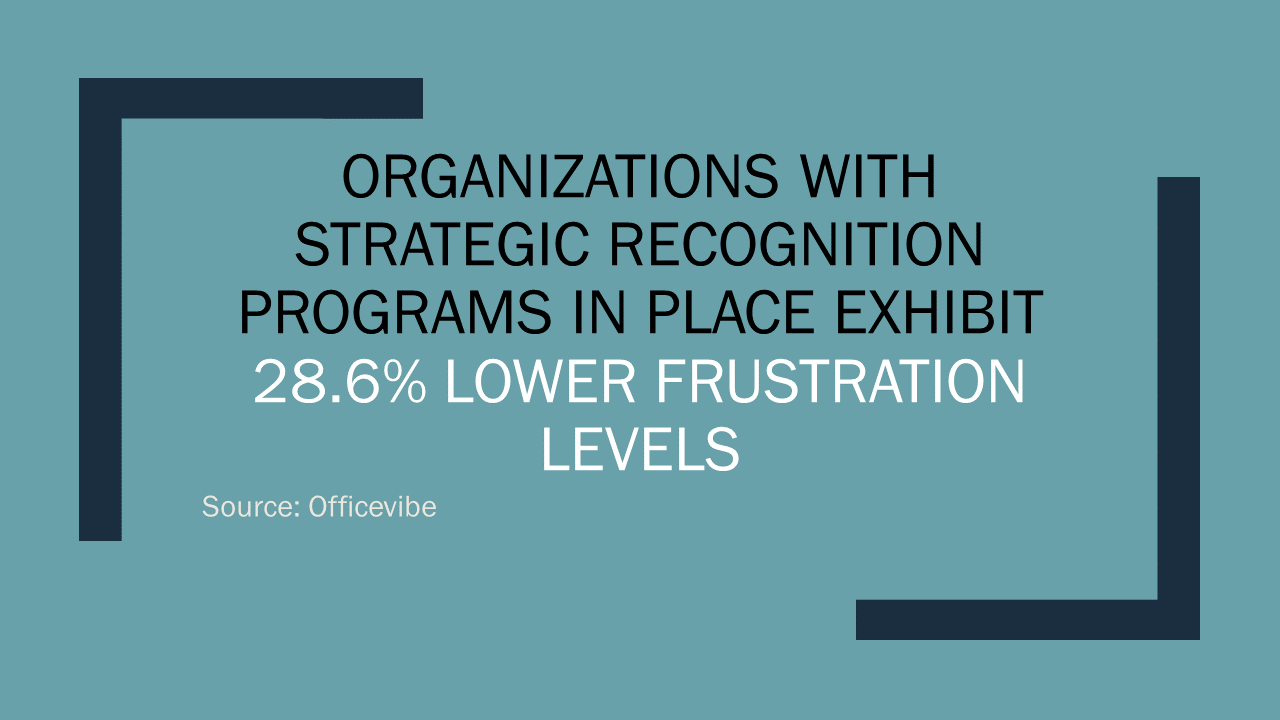While joyful reports of unexpected work-from-home productivity abound for some employers during the COVID-19 pandemic, new research found that, for many working women, the situation is far from a dream scenario.
The survey was conducted by WerkLabs, the insights division of The Mom Project, whose CEO and founder, Allison Robinson, will speak on a panel about retaining and engaging women during Women in HR Tech this fall. The organization, which helps businesses attract and retain female talent, found that the negative pandemic-driven employee impacts fall particularly heavily on women and working moms. In short, women polled say they are twice as likely than men to leave their employer within a year following the pandemic.
Learn more about the 2020 HR Tech Conference here
COVID-19, in reality, is leaving working moms “struggling to manage it all,” says Pamela Cohen, behavioral research scientist and president at WerkLabs.
See also: Crisis shines light on caregiving benefits
That 38% is deeply connected to workplace satisfaction during the pandemic, with women scoring an average of 15 points lower than men on all drivers, meaning their work experience was more negative.
As many women, particularly working moms, are trying to juggle day-to-day lives, childcare and careers, anxiety is on the rise; the economic impact of working moms’ coronavirus-related anxiety is estimated at $341 billion. Not only are women and working moms balancing a plethora of responsibilities, they are also fearing for their jobs–approximately 60% of the jobs eliminated in the first wave of pandemic-induced layoffs were held by women.
“Life as we know it has changed, yet my company is trying to act as though everything is status quo,” reported one professional surveyed. “They’re pushing for greater outcomes because we are all working from home, with no consideration for what that means, not to mention the stress of this situation.”
With the lines between parenthood and career blurred indefinitely as a result of the pandemic, parents need greater support now more than ever, Cohen says. More than 50% of working parents are currently without childcare, and one in five said either they or their partner are considering leaving the workforce to care for their children.
“The pandemic has forced an unprecedented rapid shift in workplace culture, and it’s important we understand and address the positives and negatives of this change because this may be the ‘new normal’ moving forward, or at least for an indefinite time,” Cohen says.
To that end, The Mom Project has launched the Stronger Together Fund, Resume Rev product, and Unity Program as well as other initiatives and resources to help support working moms during the pandemic and beyond.



